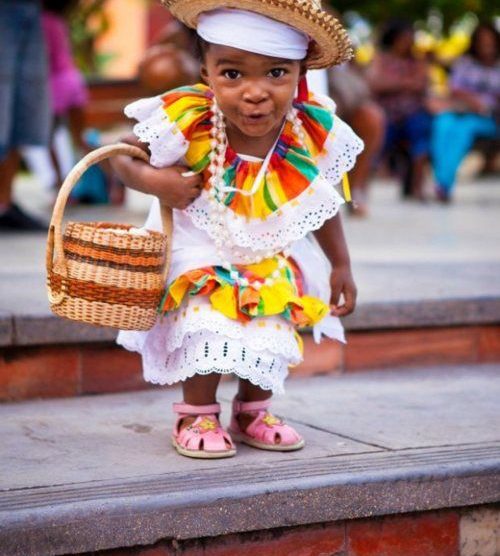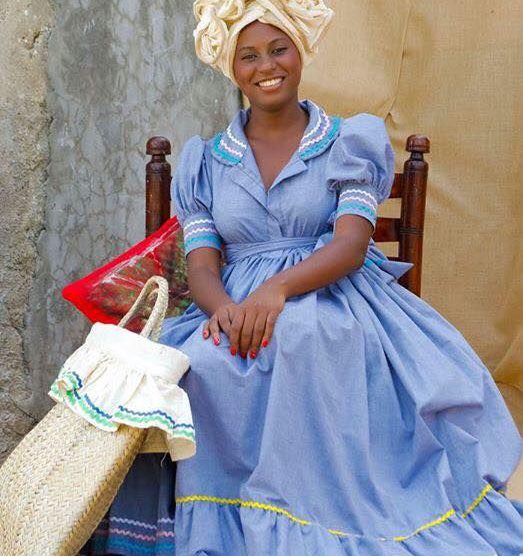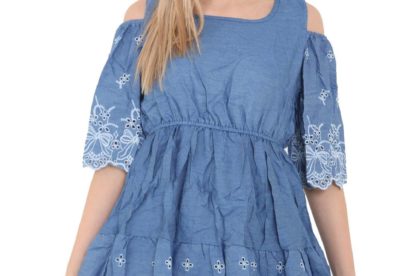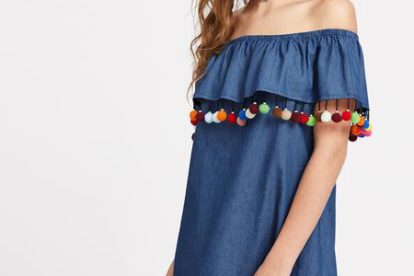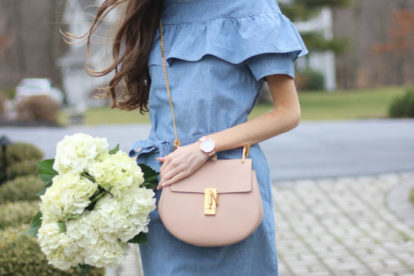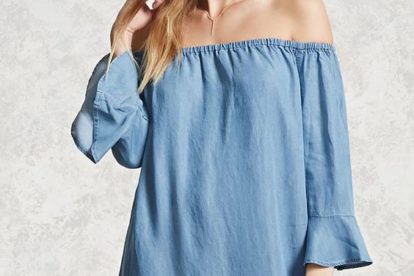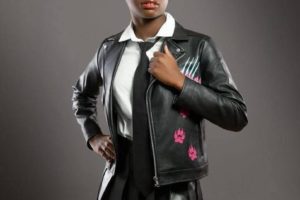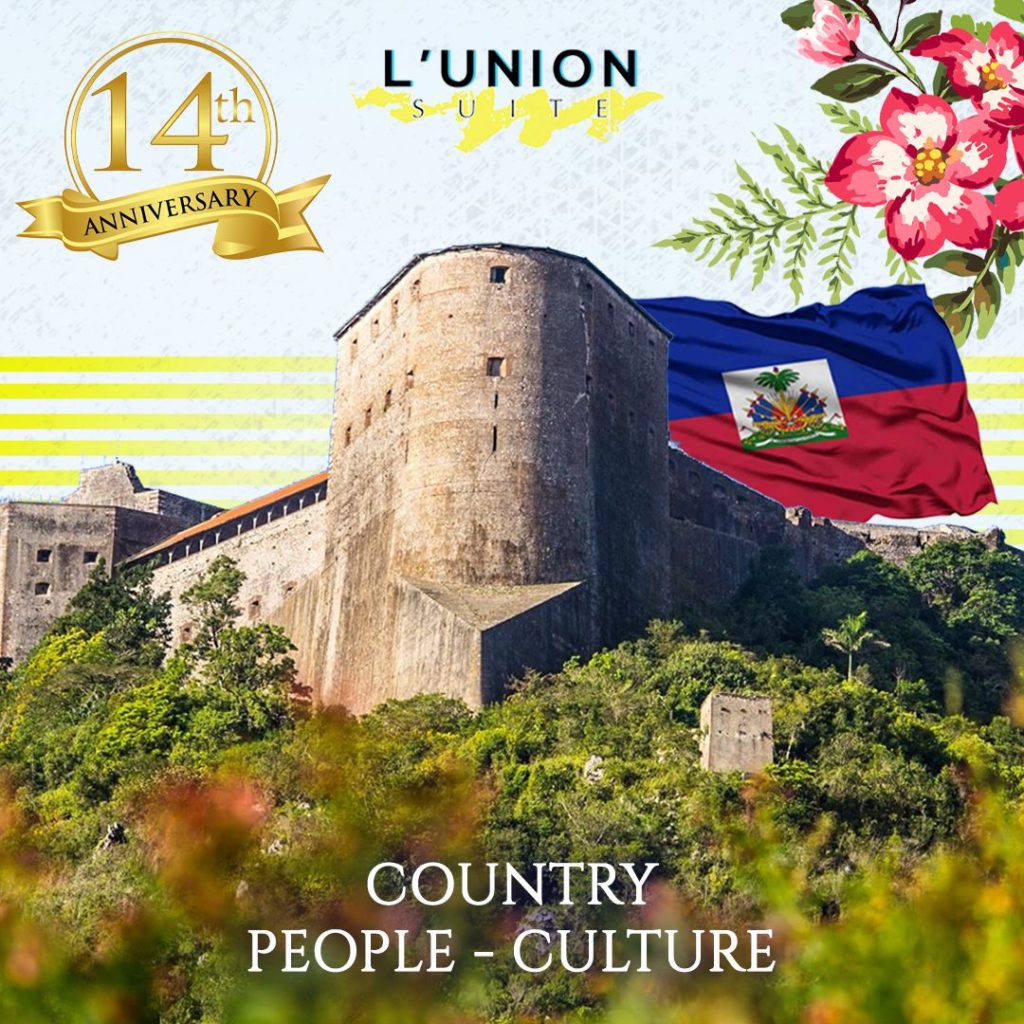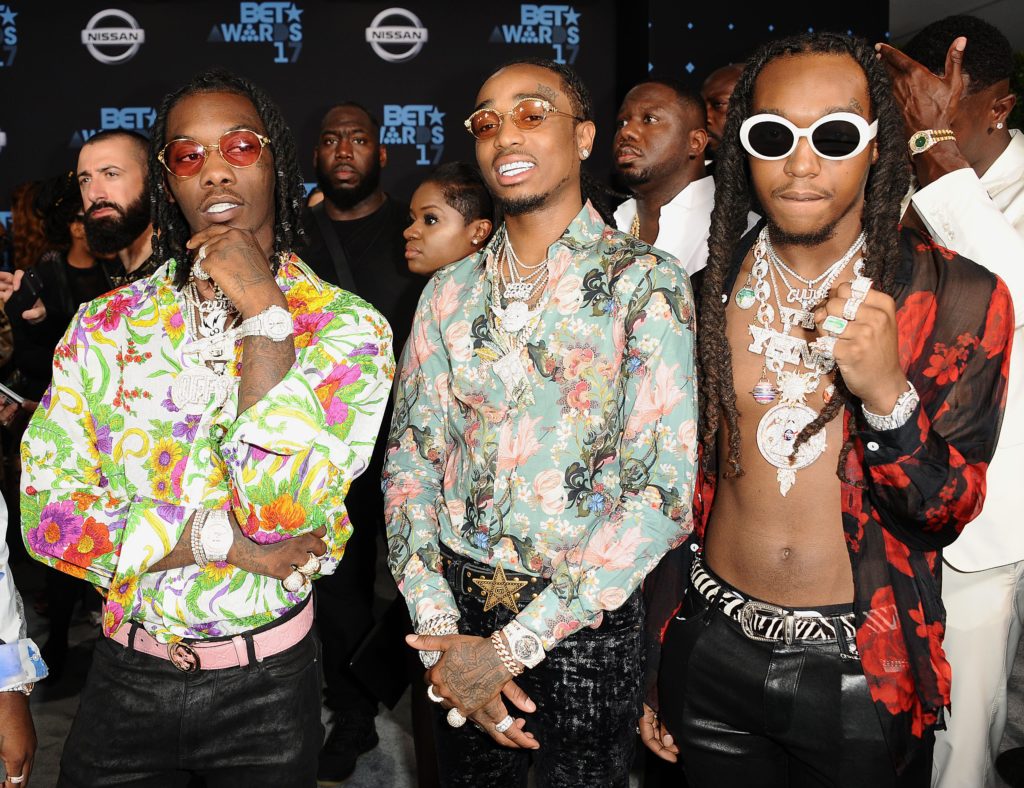
Written by Blogger Felicia Bridgewater
Like many style bloggers, I have been shopping and gearing up for summer and fall seasons. While browsing some of my favorite sites and stores, I could not help but notice a trend that I am sure you fashionistas have noticed as well.
Style choices that originated in the Caribbean have made their way to the forefront of the fashion industry.
Hip-Hop group Migos are considered very influential when it comes to style but there’s an ongoing social media joke that the group just dress like Haitian men.
These days, I cannot scroll through Instagram or Pinterest without seeing a straw bag. You know the ones? The caramel colored carryalls that resemble baskets more than they resemble purses?
As soon as I saw these bags popping up on runways and feeds, I thought of the Haitian outdoor markets that have been decked in handwoven straw bags, baskets, and hats for decades. Recalling the ornate straw bags I carried as a child, I dare say: Haitians did it first! Carrying our fruits, veggies, and other market goods to and from, baskets became necessary accessories for Haitian women decades ago.
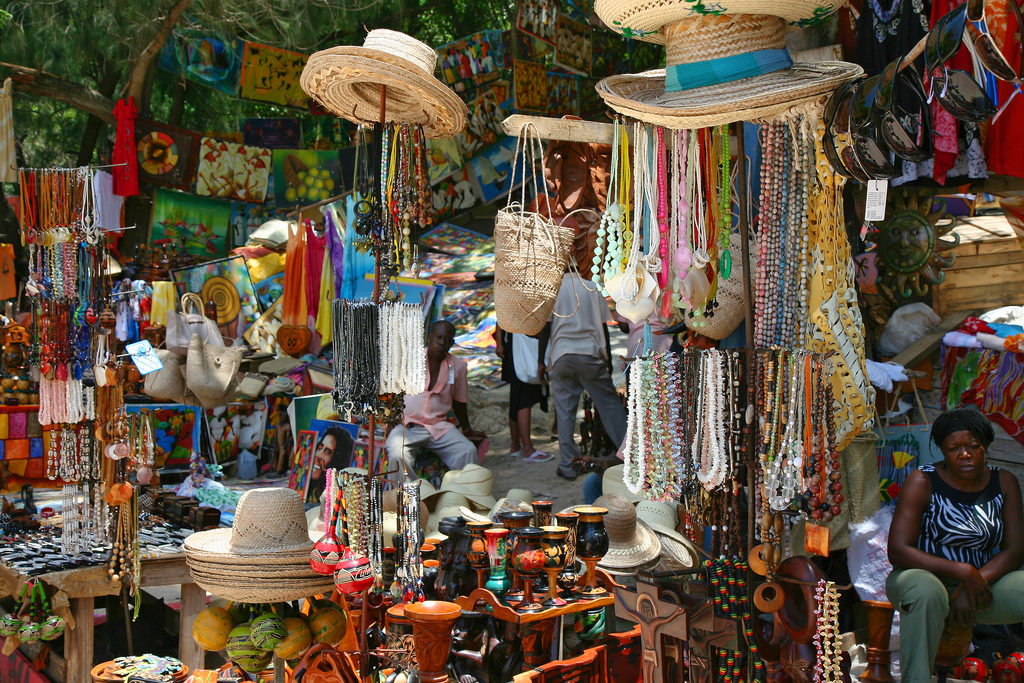
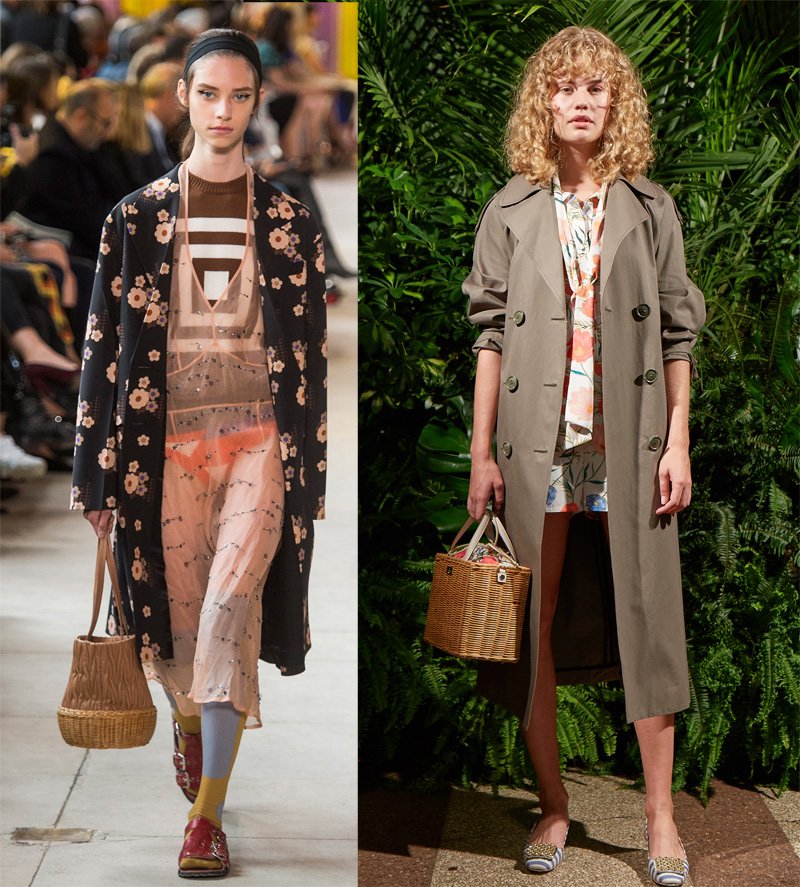
While straw bags have been one of the most popular fashion trends to come out of 2018, I have noticed another trend that has grown in popularity for at least the past six seasons: chambray. Most recently, chambray dresses featuring ruffled sleeves, detailed embroidery, and bardot style shoulder-baring tops have been extremely popular.
These styles closely resemble the Haitian Quadrille or Karabela (Carabella) dresses that we have come to know and love. Karabela dress is almost always made of an off-the-shoulder top or bodice with a full, matching skirt.
Through traditional carnivals and dance routines, these gorgeous dresses have been passed on from generation to generation.
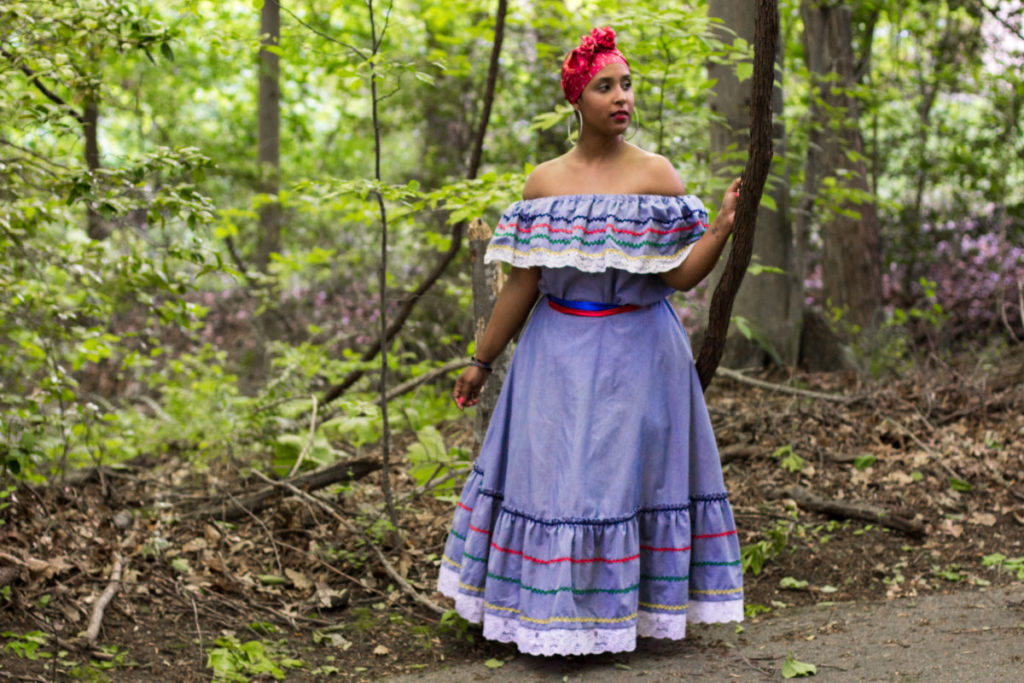
Let’s not forget how fashion history and tradition are deeply intertwined in Haiti. Headwraps – protective hair accessories growing quickly in popularity – are not foreign to Haitians. Carrying on from the African influence on our culture, headwraps were worn as a celebration of culture through the use of unique designs, fabrics, and colors. In slavery, women (especially mammy’s) were forced to wear headwraps so as not to tempt their slave masters with their “exotic hair”. In modern-day fashion, instead of being worn as a sign of oppression, headwraps have returned to their intended form as a badge of honor, a style statement, and an indication of cultural origin.
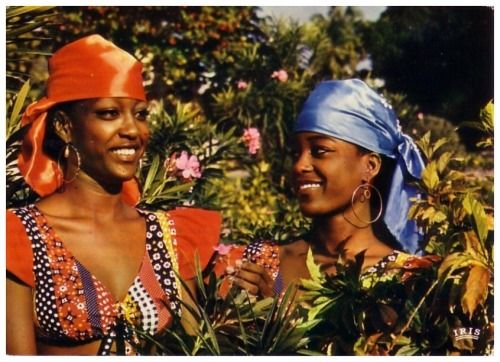
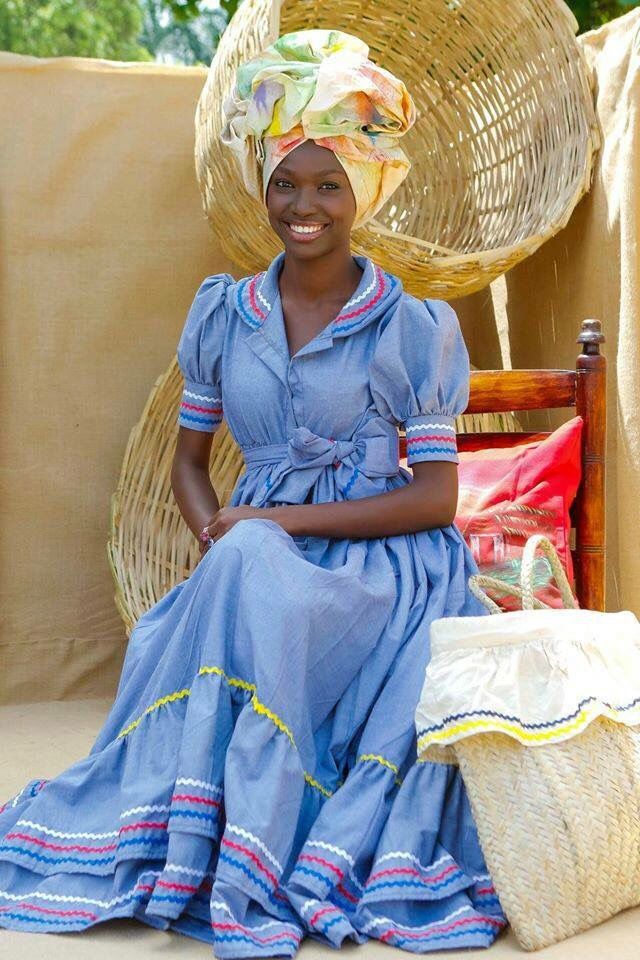
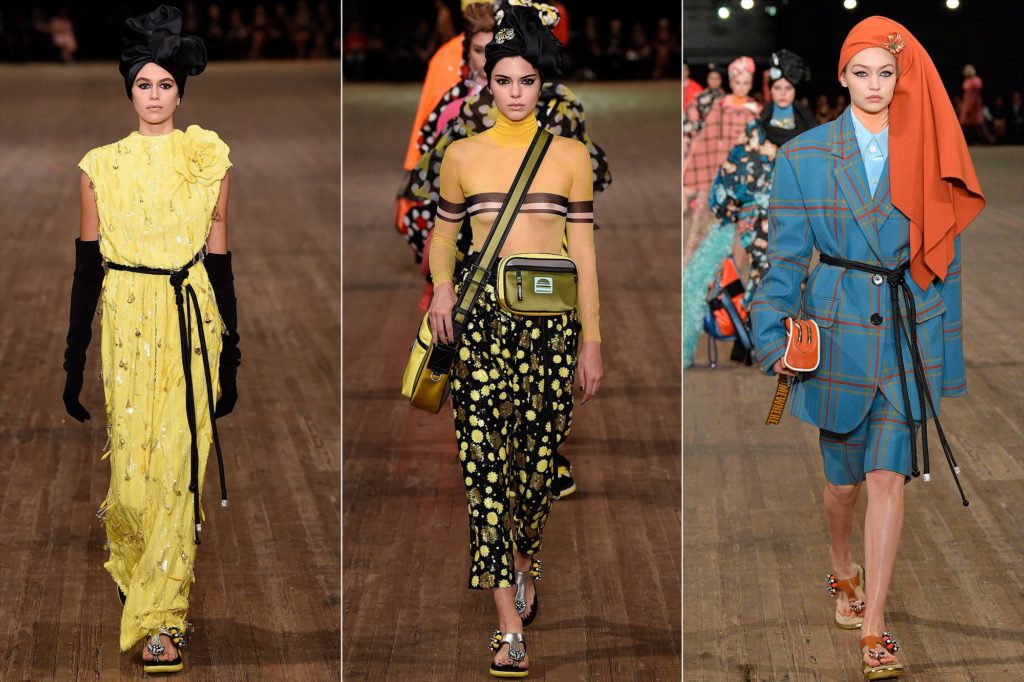
Kaia Gerber on the catwalk
Marc Jacobs show, Runway, Spring Summer 2018, New York Fashion Week, USA – 13 Sep 2017
Mandatory Credit: Photo by WWD/Shutterstock (9052045b)
Kendall Jenner on the catwalk
Marc Jacobs show, Runway, Spring Summer 2018, New York Fashion Week, USA – 13 Sep 2017
NEW YORK, NY – SEPTEMBER 13: Gigi Hadid walks the runway for Marc Jacobs SS18 fashion show during New York Fashion Week at Park Avenue Armory on September 13, 2017 in New York City. (Photo by Slaven Vlasic/Getty Images for Marc Jacobs)
What are some other fashion trends you think are inspired by Haitian







